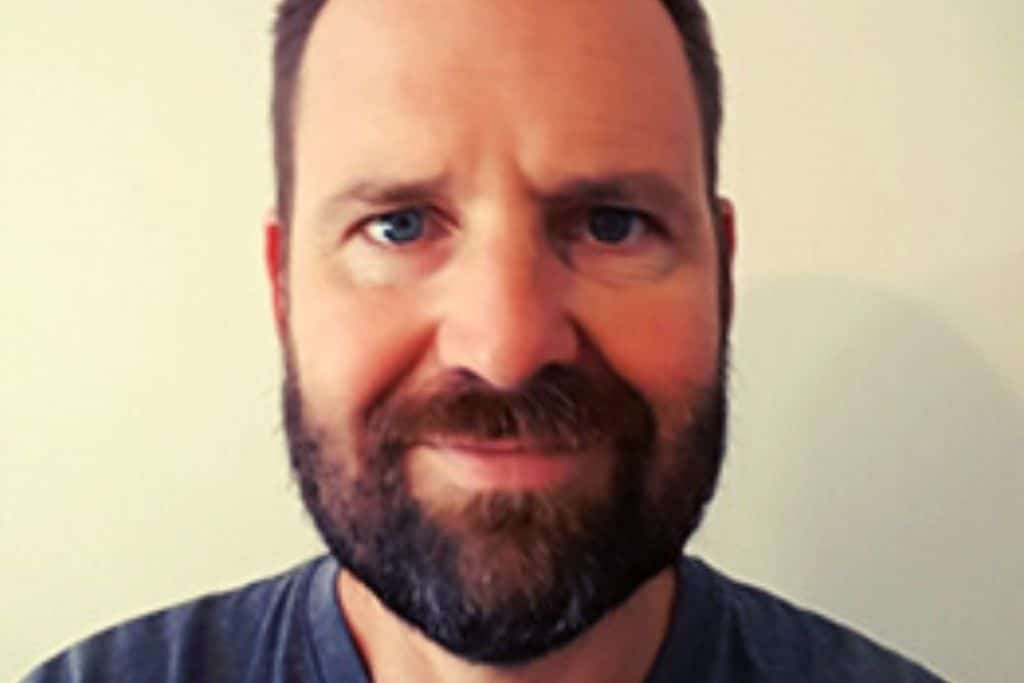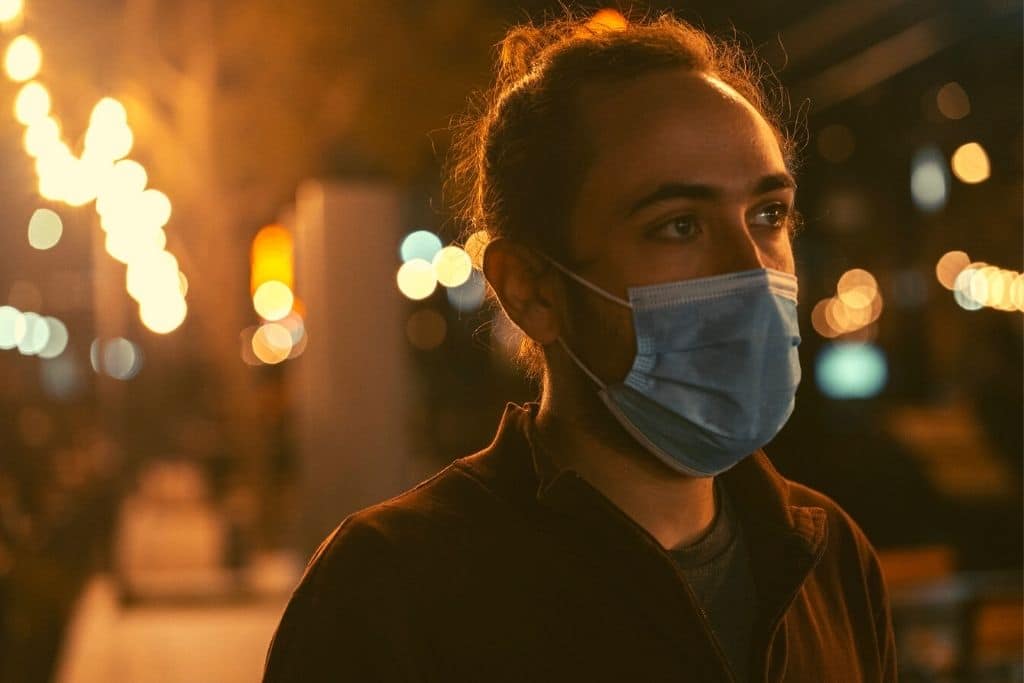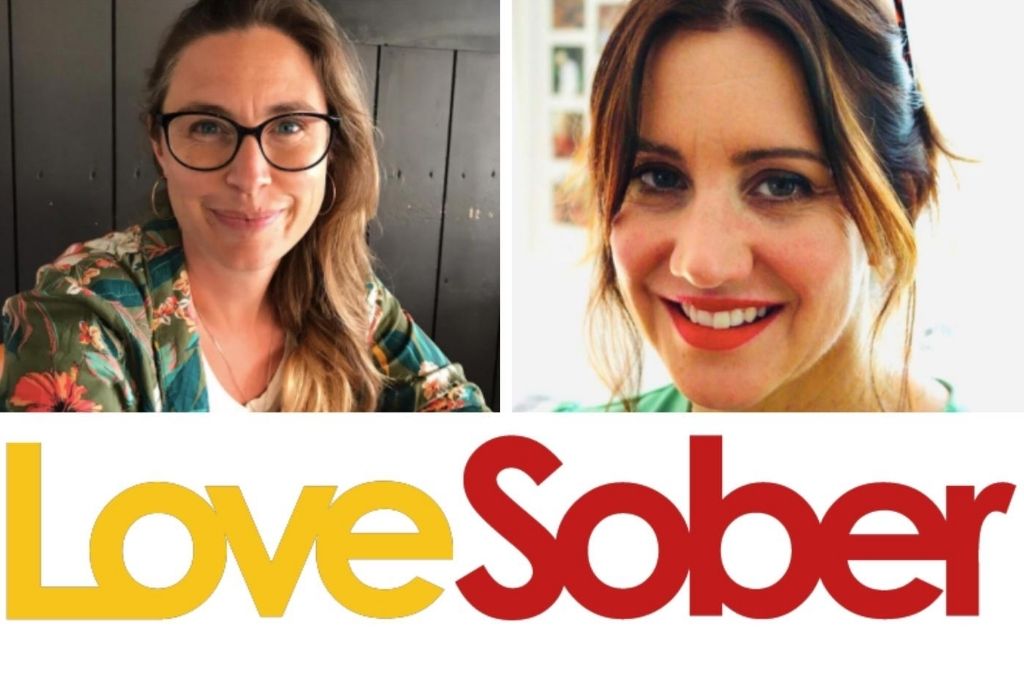Today’s Ask An Expert is Jennifer, a peer support worker for the Salvation Army – part of the Alcohol and Other Drug Treatment Court treatment team.
===============
Mrs D: How are you first put into contact with people who are struggling with addiction?
Jennifer: When people are accepted into the Court I meet with them, sometimes in prison or otherwise in the community. We refer to our clients as “participants”.
Mrs D: How receptive are they towards recovery at this point?
Jennifer: When I first meet people they are usually very receptive. We meet people at a low point in their lives. They are often looking at up to 3 years in prison and are estranged from their families. The participants I work with are generally very grateful for the support I can offer.
Mrs D: How do you work with them to help them get on the road to sobriety?
Jennifer: I make regular visits to people either in the community or in prison prior to their admission to a treatment centre. I introduce the idea of 12-step meetings and offer plenty of positive encouragement. Sometimes we set goals and work on more practical things other than just their alcohol and/or drug problem. Recovery is about more than just abstinence from alcohol or drugs, it’s about having a meaningful life. I support people to live the life they want to live but also support and encourage them to adhere to their court requirements.
Mrs D: How do you help them to see recovery as an attractive life-decision?
Jennifer: A major part of my job is providing support on the basis of lived experience (Jennifer shared her Sober Story with us here). I can offer my own recovery experience as a way of letting them know I understand, sometimes participants can relate to what I’m saying and they know they’re not alone. I encourage people to look at all their options and encourage them to work towards having the life they really want. Almost all the participants I work with want regular lives with their families and/or kids, safe homes to live in, jobs or study and hobbies etc.
Mrs D: What are the biggest obstacles they face in the early stages of recovery?
Jennifer: I think learning to cope with feelings and relationship problems are very difficult. Initially staying abstinent from alcohol and drugs can be difficult for people but this often becomes easier in time. Learning how to reach out to others for support can also be very difficult for people.
Mrs D: Do you find that people who are court ordered into recovery are often resistant to getting sober? (Or are they ready by the time they have ended up in court).
Jennifer: Some people are very ready to get sober and make this clear from the beginning. Others are sometimes ambivalent around their alcohol and drug use, but this isn’t unusual…people who are not Court directed into treatment are often unsure about which path they want to take too.
Mrs D: What is the aim of the Alcohol and Other Drug Treatment Court?
Jennifer: The aim of the Alcohol and Other Drug Court is to reduce offending, reduce alcohol/drug use or dependency, reduce the use of imprisonment as well as have a positive impact on participant’s health and well being.
Mrs D: How many such courts are there in New Zealand?
Jennifer: There are currently only two Courts in New Zealand under the AODTC pilot. There is one Court in Waitakere and one in Auckland, each Court has a capacity of 50 participants. The AODT Courts are a five year pilot and only in Auckland at this stage.
Mrs D: How does it differ from a more standard court?
Jennifer: The Alcohol and Other Drug Treatment Court (AODTC) is a therapeutic Court, this basically means the Court supports participants to get their lives back on track. There is a common misconception that the Alcohol and Other Drug Treatment Court is a “get out of jail free card”, this couldn’t be further from the truth! Participants are required to attend random alcohol/drug testing a number of times per week, attend groups, attend regular treatment and meetings with their legal counsel and case manager. There are a lot of weekly requirements to meet as a participant, it’s a full time job.
Mrs D: How many peer support workers like you are there?
Jennifer: We currently have four peer support workers including myself, we work across both Courts.
Mrs D: For how long do you usually work with an individual?
Jennifer: Usually around 18 months, sometimes as long as two years or as little as one year.
Mrs D: At what point does your involvement with them end?
Jennifer: Our involvement in a participant’s journey usually ends at the time of their graduation from the Court. I often see Graduates of the Court at peer support group, at Court supporting their peers or out in the community. AODTC graduates become part of a group called He Takitini which is currently developing ways to be involved with the Court and it’s participants.
Mrs D: What sort of turnarounds do you witness?
Jennifer: We see some amazing transformations! The physical transformation is amazing, participants look so healthy and have increased pride in their appearance. Families are so grateful their loved ones have managed to remain clean and sober and participants are often emotional when speaking of the mended relationships. Participants do voluntary work as a way of giving back and making amends to the community. So far around 70 participants have graduated the AODTC and they have completed literally thousands of hours of voluntary work! Participants feel proud to be productive members of their community, working, studying and parenting. A lot of participants are very grateful and in turn want to support their peers.
Mrs D: What is your training for this job?
Jennifer: I completed a level 4 certificate in peer support through Mind and Body Learning and Development.
Mrs D: What do you think it means for the people you support knowing that you yourself are an addict/alcoholic in recovery?
Jennifer: I think sometimes participants don’t believe my story when I tell it. They can’t believe I lived a similar lifestyle as I look so “straight” now! I think my own experience gives participants hope that they can have a good life in recovery.
Mrs D: What’s the best part of your job?
Jennifer: The best part of my job is knowing I am helping to make a difference in people’s lives. I am supporting people to sow the seeds of recovery in their lives, then we start to watch those seeds grow together.
Mrs D: Anything else you’d like to add?
Jennifer: I believe in people’s capacity to change, no matter how things look in the beginning. Everybody deserves a chance to change.








You are doing such an honourable job. Much respect.
What amazing work you do! It must be tough, but so satisfying seeing the changes people can make. Thank you so much for telling us about this work.